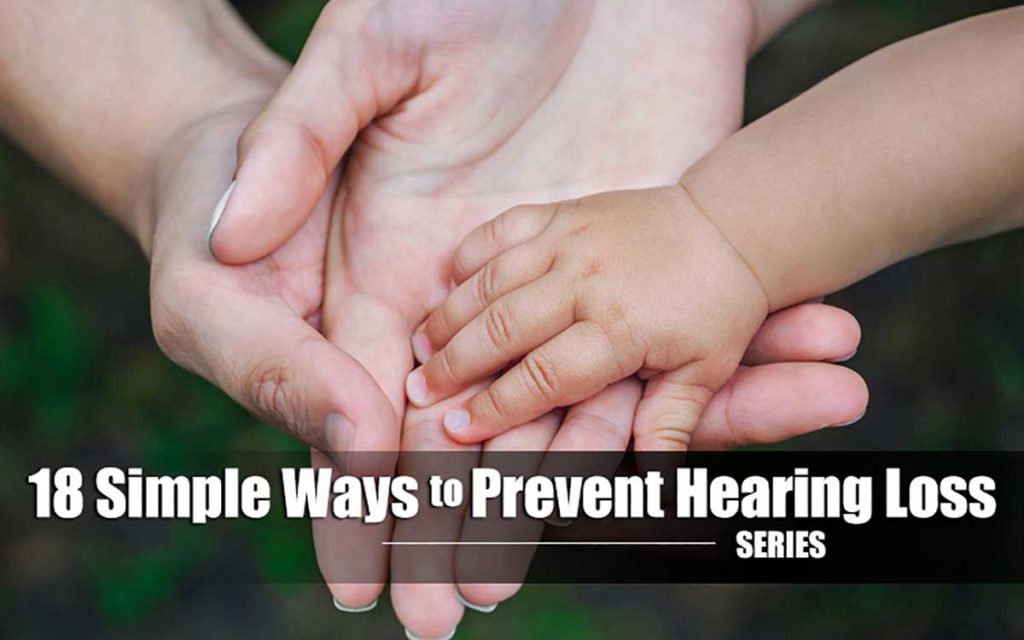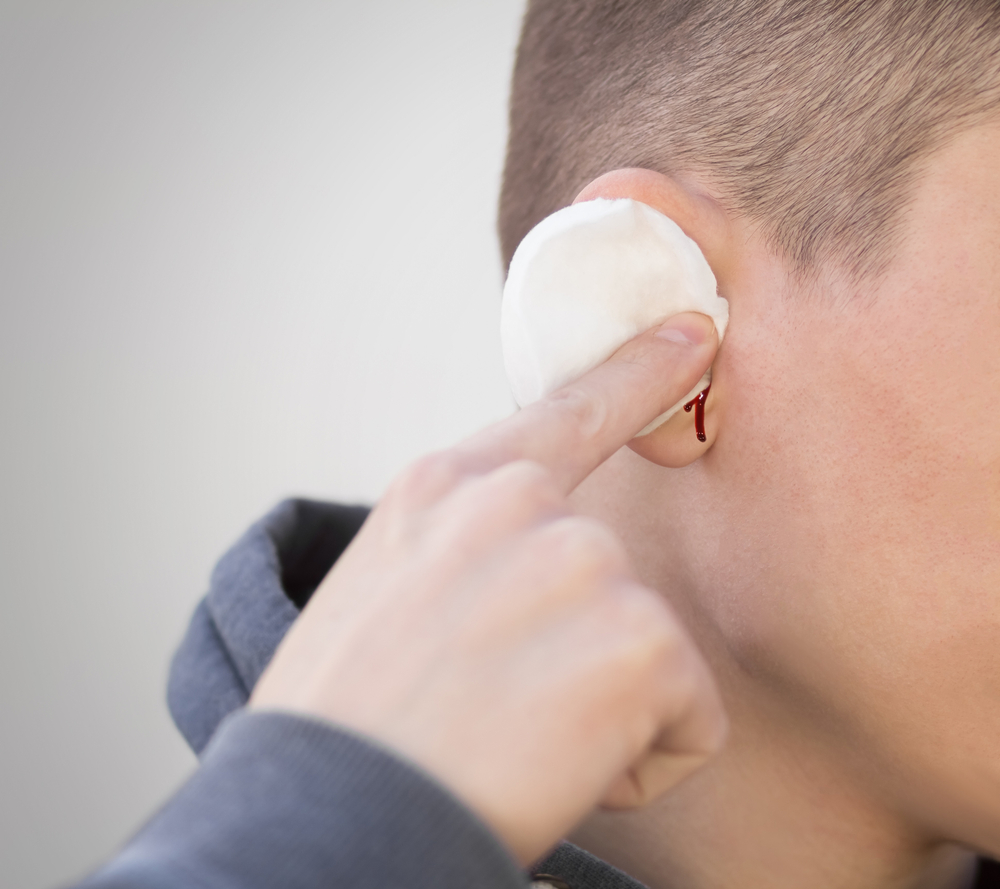Maintain a Healthy Diet
It’s not easy to maintain a healthy diet, especially this time of the year, but your discipline will pay off in more ways than you know! There have been recent studies that show people who eat a healthier diet consisting of quality calories may have better hearing and that a poor diet may lead to a higher risk of hearing loss.
It is important to make sure your diet is low in refined carbohydrates and low in saturated animal fat. Your ears get their nourishment from your body’s blood supply and just like other areas of your body; fatty foods can reduce the blood supply to your ears.
You should try to increase your consumption of whole grains, fresh vegetables and fruits, nuts, seeds and fresh-water fish that are rich in omega-3 fatty acids. Keep in mind that omega-3’s are extremely beneficial for your heart, which also means lower blood pressure, less risk of heart disease and a lower risk of hearing loss.
Other foods that can help to prevent the risk of hearing loss include:
- Low-sodium foods – Cutting down on salt may not only help to prevent hearing loss, but in some situations, your hearing may improve when you reduce your salt intake, because the sodium can cause fluids to be retained in your ear.
- Foods that contain vitamin A and E – Antioxidant vitamins A and E are an excellent source of support for good hearing. Some of the most common foods that contain vitamins A and E include eggs, nuts, carrots, dark-green leafy vegetables, liver, fish liver oils and wheat-germ.
- Potassium – It’s believed that a low potassium level may play an essential role in poor hearing as well as hearing loss. Some of the foods that are high in potassium content include bananas, apricots, oranges, melons, spinach, milk, potatoes, raisins and lima beans.
- Folate-folate or folic acid (synthetic form) is extremely important for your body’s ability to produce RNA, DNA and new cells throughout your body. Studies have shown that a lack of folate may increase the risk of age-related hearing loss. Folate or folic acid can often be found in spinach, liver, fortified breakfast cereals, broccoli, and asparagus.
- Low-carbohydrate foods – Reducing the amount of sugars and carbohydrates in your diet will help to reduce your risk of obesity, which may lead to hearing loss. Although you do not have to completely cut out sugars and carbohydrates from your diet, just keep in mind that moderation is key.



